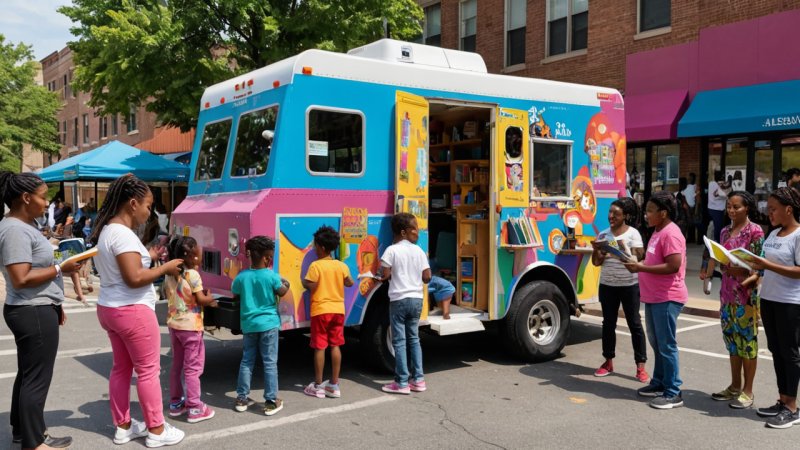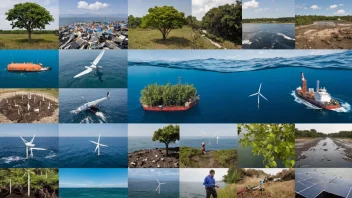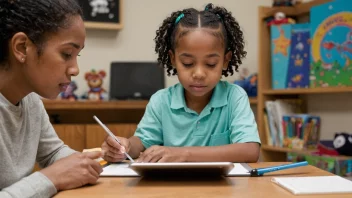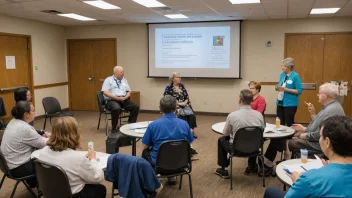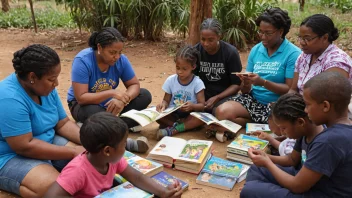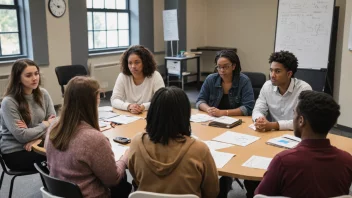1. Mobile Literacy Units
Mobile literacy units are traveling libraries and classrooms that bring educational resources directly to underserved urban communities. These units often include trained educators who provide interactive reading sessions and engage families in literacy activities.
2. Community-Based Book Clubs
Community-based book clubs foster a love for reading while encouraging critical thinking and discussion. These clubs often focus on culturally relevant literature, allowing participants to connect with the material and each other.
3. Digital Literacy Workshops
As technology plays an increasingly vital role in education, digital literacy workshops have emerged to teach essential computer skills. These workshops help individuals navigate online resources, apply for jobs, and access educational materials.
4. Family Literacy Programs
Family literacy programs aim to engage parents and children together in the learning process. By providing resources and activities that families can do at home, these programs help improve literacy skills while strengthening family bonds.
5. Peer Tutoring Initiatives
Peer tutoring initiatives leverage the strengths of older students to help younger peers improve their literacy skills. This model not only aids in learning but also fosters mentorship and community spirit among youth.
6. Literacy Through the Arts
Integrating the arts into literacy programs can make learning more engaging. Workshops that include storytelling, poetry, and drama encourage creative expression while improving reading and writing skills.
In conclusion, innovative literacy programs in urban areas are not just about teaching reading and writing; they are about building community, fostering connections, and creating opportunities for personal growth. By exploring and supporting these initiatives, individuals can play a crucial role in promoting literacy and empowering their communities.
